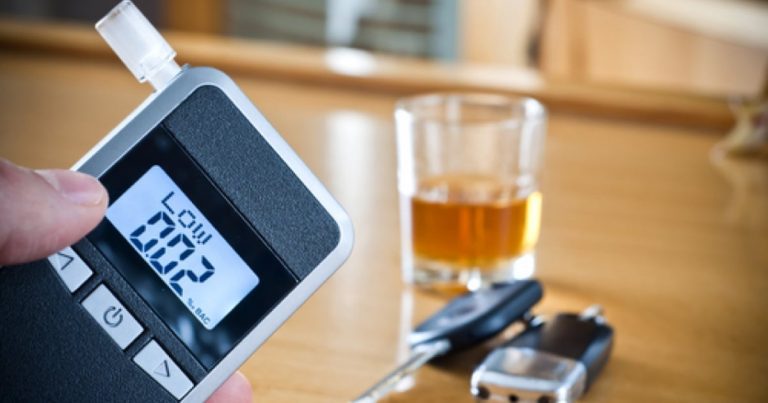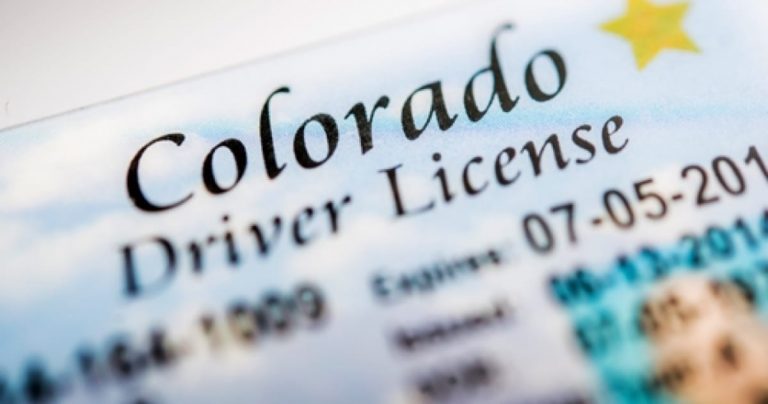The feeling of an officer slapping a pair of cold metal handcuffs on your wrists can be overwhelming. During an arrest, it can be difficult to know what you should do. What should you say to the police, if anything? What should you avoid doing? Knowing how to conduct yourself during an arrest can help to protect you from self-incrimination. We outline three tips for how to conduct yourself when being arrested. Three tips to consider when being arrested include: Limit what you say Aside from basic identifying information such as your name, you do not need to provide an officer with extra information. If the police question you about your activities, politely inform them that you wish to exercise your Fifth Amendment right to remain silent. At this point, speaking to police will only serve to provide them with evidence to use against you. After the police encounter, contact an attorney as soon as possible. Don’t talk and don’t Lie In the heat of the moment, influenced by stress and anxiety, it can be tempting to answer a police officer’s questions. For example, a person who is pulled over for drunk driving may get nervous and tell the officer about coming from a bar. The same person may be tempted to tell the police officer he was driving from somewhere else. However, lying to any member of law enforcement or member of the court can have disastrous consequences. It can damage your reputation and credibility, thus hurting your case. Furthermore, depending on the circumstances of the alleged event, a person may also incur further charges. Comply with an officer’s orders If a police officer has decided to arrest you, there may be little that you can do to prevent it. While staying calm and composed may be difficult during an arrest, it is critical to avoid acting aggressive or resistant. There is a place to contest an arrest, but the process of being taken into custody is not that time. A prosecutor may argue that fighting an arrest at the scene is evidence of guilt. Furthermore, resisting an arrest may lead to additional charges on its own. Charged with a Crime? Call (720) 722-3457 If you have been placed under arrest and accused of a crime, our Denver criminal defense attorney will work tirelessly to protect your freedom. Whether you have been charged with a violent crime such as assault or a white-collar crime such as fraud, or driving under the influence, Musell Law can help. Our lead attorney possesses more than a decade of trial-tested experience over which time he has defended thousands of clients. Are you ready to get started on your defense? Contact us online today to schedule a free consultation.

Three Tips for How to Conduct Yourself When Being Arrested
Subscribe to receive Colorado criminal law updates.
We will send you updates on Colorado criminal law after each legislative session.
top posts
more articles

Criminal Trespass Attorney in Jefferson County
Criminal Trespass in Jefferson County, Colorado is an offense that involves someone unlawfully entering or remaining on another’s property. The degree of trespassing is contingent upon what type of property and the purpose for entering / remaining on the property. A former Denver Broncos’ quarterback recently pleaded guilty to 2nd degree criminal trespass stemming from

What Affects BAC?
Blood alcohol content (BAC) is the calculation of the amount of alcohol present in your blood, based on the volume of alcohol consumption over a given period of time. Alcohol is absorbed in the stomach and small intestine then enters the bloodstream. Within 30 to 70 minutes of consumption, BAC can be measured. However, there

What Happens If I Missed My EC Hearing?
People commonly ask us what happens if I missed my EC hearing? People accused of DUI realize that Colorado DUI laws are tough. If you refuse a blood or breath test or have a BAC of 0.08 or above, you will receive an Express Consent Affidavit and a Notice of Revocation. What do these two
